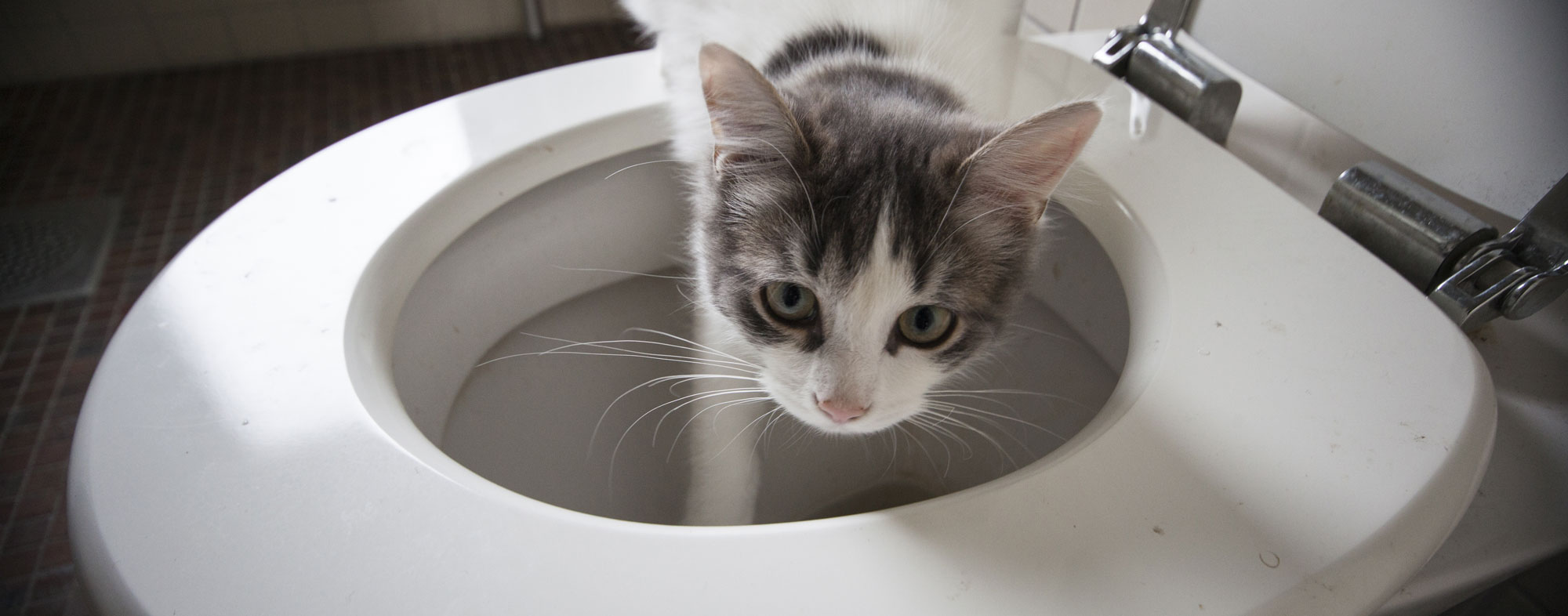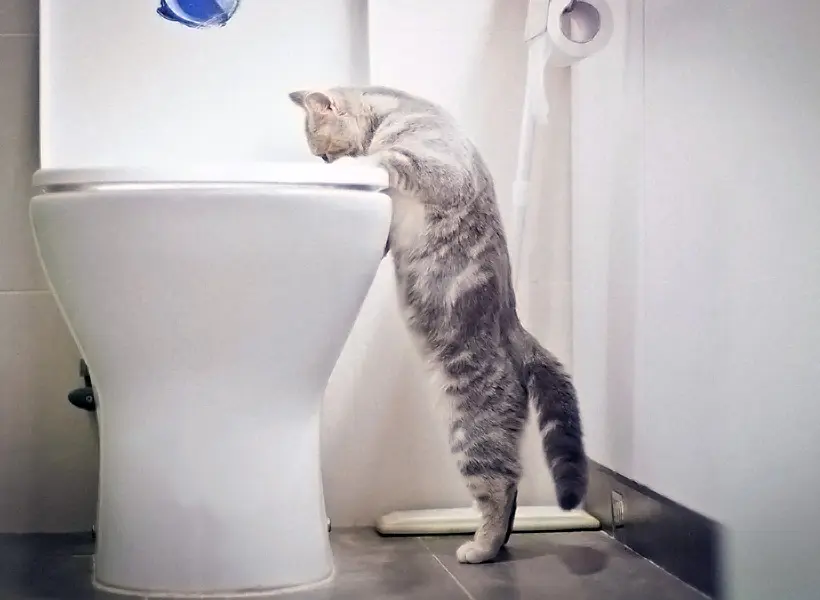Right here below yow will discover a lot of outstanding information on the subject of Can You Flush Cat Poo or Litter Down the Toilet?.

Intro
As pet cat proprietors, it's necessary to bear in mind exactly how we dispose of our feline buddies' waste. While it may appear hassle-free to purge cat poop down the toilet, this method can have detrimental repercussions for both the atmosphere and human health and wellness.
Alternatives to Flushing
The good news is, there are safer and a lot more accountable means to take care of feline poop. Consider the adhering to options:
1. Scoop and Dispose in Trash
The most usual approach of disposing of feline poop is to scoop it right into an eco-friendly bag and toss it in the trash. Make sure to use a committed trash scoop and dispose of the waste promptly.
2. Use Biodegradable Litter
Choose naturally degradable cat clutter made from products such as corn or wheat. These trashes are eco-friendly and can be securely gotten rid of in the trash.
3. Hide in the Yard
If you have a backyard, consider hiding feline waste in an assigned location far from veggie gardens and water sources. Make certain to dig deep enough to prevent contamination of groundwater.
4. Mount a Pet Waste Disposal System
Purchase an animal waste disposal system particularly developed for pet cat waste. These systems utilize enzymes to break down the waste, decreasing smell and ecological impact.
Health and wellness Risks
In addition to environmental worries, purging cat waste can likewise posture health threats to humans. Pet cat feces may contain Toxoplasma gondii, a bloodsucker that can trigger toxoplasmosis-- a potentially serious illness, particularly for expecting women and people with weakened immune systems.
Environmental Impact
Purging feline poop introduces hazardous virus and parasites into the water supply, presenting a significant danger to aquatic communities. These impurities can adversely influence marine life and compromise water high quality.
Conclusion
Accountable family pet possession prolongs beyond giving food and shelter-- it likewise entails correct waste management. By avoiding purging feline poop down the commode and choosing alternate disposal techniques, we can minimize our environmental impact and shield human wellness.
Why Can’t I Flush Cat Poop?
It Spreads a Parasite
Cats are frequently infected with a parasite called toxoplasma gondii. The parasite causes an infection called toxoplasmosis. It is usually harmless to cats. The parasite only uses cat poop as a host for its eggs. Otherwise, the cat’s immune system usually keeps the infection at low enough levels to maintain its own health. But it does not stop the develop of eggs. These eggs are tiny and surprisingly tough. They may survive for a year before they begin to grow. But that’s the problem.
Our wastewater system is not designed to deal with toxoplasmosis eggs. Instead, most eggs will flush from your toilet into sewers and wastewater management plants. After the sewage is treated for many other harmful things in it, it is typically released into local rivers, lakes, or oceans. Here, the toxoplasmosis eggs can find new hosts, including starfish, crabs, otters, and many other wildlife. For many, this is a significant risk to their health. Toxoplasmosis can also end up infecting water sources that are important for agriculture, which means our deer, pigs, and sheep can get infected too.
Is There Risk to Humans?
There can be a risk to human life from flushing cat poop down the toilet. If you do so, the parasites from your cat’s poop can end up in shellfish, game animals, or livestock. If this meat is then served raw or undercooked, the people who eat it can get sick.
In fact, according to the CDC, 40 million people in the United States are infected with toxoplasma gondii. They get it from exposure to infected seafood, or from some kind of cat poop contamination, like drinking from a stream that is contaminated or touching anything that has come into contact with cat poop. That includes just cleaning a cat litter box.
Most people who get infected with these parasites will not develop any symptoms. However, for pregnant women or for those with compromised immune systems, the parasite can cause severe health problems.
How to Handle Cat Poop
The best way to handle cat poop is actually to clean the box more often. The eggs that the parasite sheds will not become active until one to five days after the cat poops. That means that if you clean daily, you’re much less likely to come into direct contact with infectious eggs.
That said, always dispose of cat poop in the garbage and not down the toilet. Wash your hands before and after you clean the litter box, and bring the bag of poop right outside to your garbage bins.
https://trenchlesssolutionsusa.com/why-cant-i-flush-cat-poop/

As a keen reader on Can You Flush Cat Poo or Litter Down the Toilet?, I imagined sharing that excerpt was really useful. Do you know about another individual who is curious about the topic? Why not promote it. Thank you for your time spent reading it.
Pricing